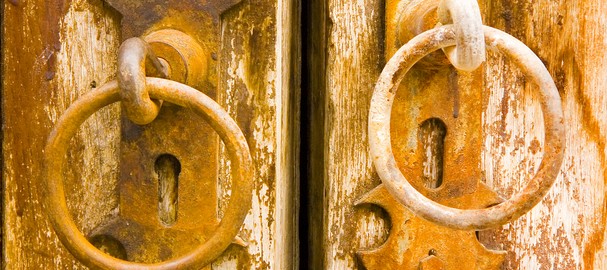If Yazīd were to ask me to count the doors of the mosques, I would not agree to do it for him, not to speak of my sealing the death-warrant of a Muslim signed by him.
—The great Imām Abū Ḥanīfah [d. 150AH/767CE] refusing the post of judge offered by the governor of Irāq Yazīd b. ‘Umar b. Hubayrah. For his refusal, he was imprisoned and whipped for a period of time.
[Mohammad Akram Nadwi, Abu Hanifah: His Life, Legal Methodology and Legacy. Interface Publications Ltd. UK. 2010.]
I will not allow anyone to oppress or transgress the rights of others, but I will put his cheek on the ground and place my foot on his other cheek until he submits to the truth. But I will lay my own cheek on the ground before those who are humble and modest.
—‘Umar ibn al-Khaṭṭāb [d. 23H/644CE]
from Dr. ‘Ali Muhammad al-Sallabi, ‘Umar: His Life and Times. International Islamic Publishing House. 2002.
As for myself, threats do not harm me or mean anything to me. They will not keep me from advising the ruler, for I believe that this is obligatory upon me and others . . .
—Imām Nawawī [d. 676/1278]
responding to the Sultan who had threatened him when he was advising the Sultan on behalf of the Muslim masses.
(Read on pg 37, Jamaal al-Din M. Zarabozo,Commentary on the Forty Hadith of al-Nawawi (2-Volume Set). Al-Basheer Company. Denver: 2008)
This shows that imprisonment of innocent people without trial and due procedure of law is as old as civilization itself. The dishonest rulers of today are not much different from the wicked rulers who governed Egypt some four thousand years ago. The only difference between the two is that they did not imprison people in the name of democracy but they committed unlawful acts without any pretext of law. On the contrary, their modern descendants make use of the specious pretenses of honesty when they are acting unjustly. They first enact the necessary unlawful laws to justify their unlawful practices and then “lawfully” imprison their victims. That is to say, the Egyptian rulers were honest in their dishonesty and did not hide the fact that they were imprisoning people to safeguard their own interests and not those of the community. But these modern disciples of Satan cast innocent people into prison to ward off the danger they feel from them, but proclaim to the world that their victims are a menace to the country and to the community. In short, they were mere tyrants but these are shameless liars as well.
—Maulānā Sayyid Abu’l-A‘lā Maudūdī [d. 1399H/1979CE]
(The Meaning of the Qur’ān. Vol 5, Pg 148. Islamic Publications. 1992.)




